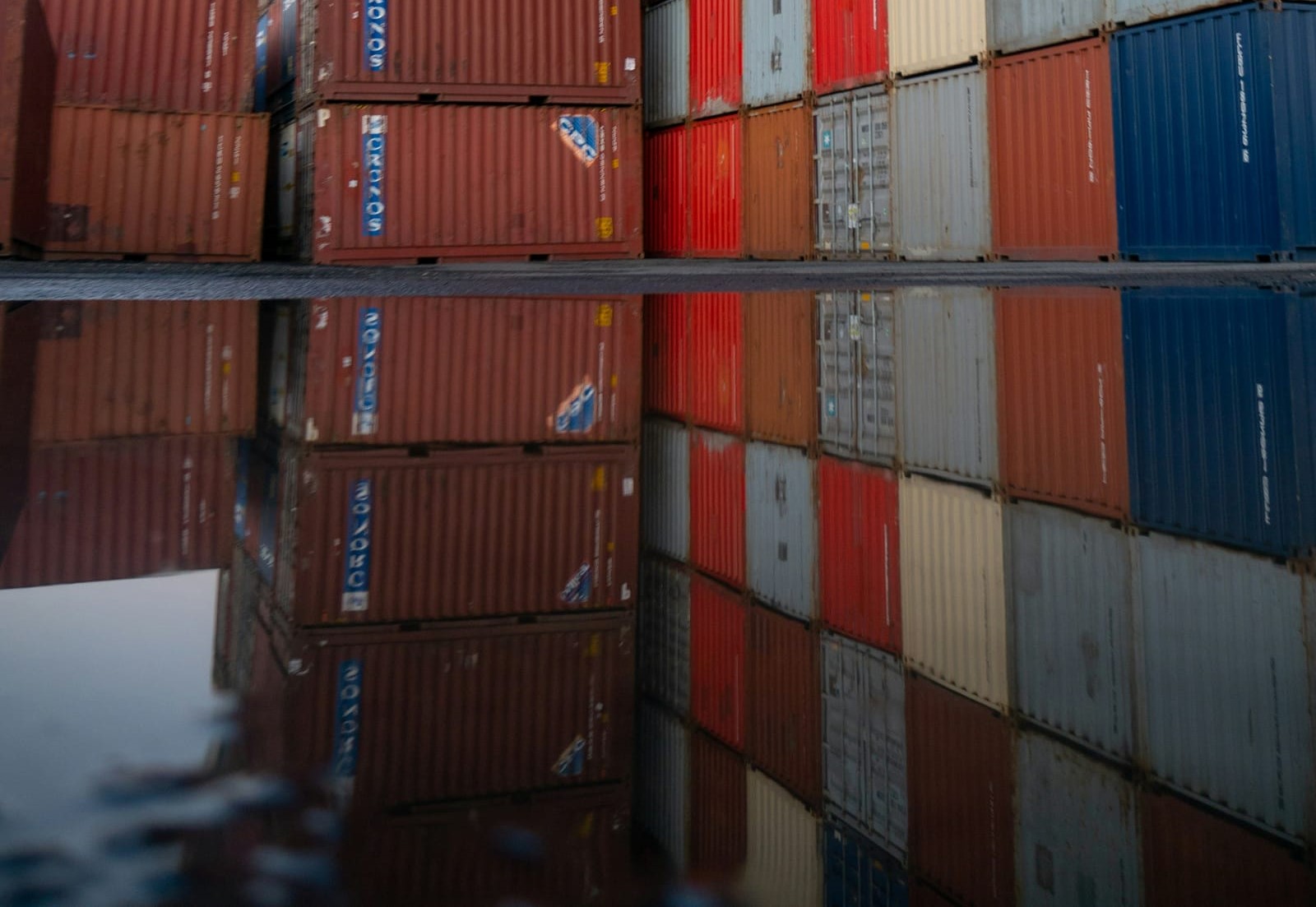Critical minerals are the world's building blocks for emerging and future technologies. They are essential to manufacturing, clean energy production, semiconductor production, and the defence and aerospace industries. Their supply and value chains are small relative to major commodities such as iron ore and coal. They are highly concentrated around China, are easily distorted, and are vulnerable to price fluctuations.
China currently controls much of the global critical minerals marketplace. It is the global lead producer of 29 commodities, including 22 metals and seven industrial minerals.
Where China does not possess a near monopoly, it can control the market through “monopsony”, a market condition featuring one overbearingly and singularly important customer. It does not produce the most essential battery materials – lithium, cobalt and graphite – but it buys, refines and exports them to incomparable degrees.
This inescapably creates a risk, allowing China to wield its market domination to coerce others. Yet in a recent Interpreter article, Marina Yue Zhang and Xunpeng (Roc) Shi glossed over these risks when outlining their case for increased collaboration with China on critical minerals through a “strategy of engagement”.
Engagement can only go so far. The reality is that China’s rise, particularly under President Xi Jinping, has not been benign whether in cyberspace, international waters, territorial integrity of democracies, the human rights of its own citizens or, in the case of critical minerals, the blurring of lines between the private sector and the government to distort and control those markets.
Beijing has already used its near-monopolistic global supply chain control of critical minerals to gain a strategic advantage over the United States and Japan. It has increased restrictions on its critical minerals exports nine times between 2009 and 2020, more than any other supplier. It has also threatened US defence contractors’ supply chains. And in 2014, China lost a World Trade Organisation case after attempting to coerce Japan by cutting off its supply to critical minerals.

Australia must heed these lessons and protect itself from being beholden to the whims of an authoritarian power. Removing China entirely from global critical mineral supply chains is not economically feasible nor desirable. But competition is needed.
If, as suggested by Zhang and Shi, Australia were to leverage further “China’s technological, labour and industrial capabilities” on critical minerals, the result would be weakened, not greater economic security. Such leveraging would incentivise further use of economic coercion and increase Australia and other nations’ risk exposure. Recent experience with the barley and wine industries should be considered a warning of what can happen.
New initiatives will be required to diversify supply, build supply-chain resilience and incentivise manufacturers to invest in alternatives. Importantly, this is the approach increasingly being taken by our most like-minded partners, with Sweden’s Prime Minister Ulf Kristersson recently telling Politico that the European Union is “trying to find a more comprehensive European strategy towards, against or sometimes together with China in terms of what we named de-risking – not decoupling”.
Beijing has already recognised that other countries’ tentative steps could unravel its coercive power in the sector. In December 2023, China announced an export ban on rare earth extraction and separation technologies, which is clear evidence that China wishes to keep a grip on its market control. Banning the export of technologies is hardly an act of a reliable, rule-abiding nation seeking to collaborate.
The answer does not lie in merely relying on the multilateral system. The CCP's multilateral engagements are driven by an ideological focus on offering an alternative model for global governance. Its efforts have undermined multilateral institutions and the rules-based order to the extent that some nations are now too scared to take legitimate actions to the WTO for fear of more coercion. Australia’s partnerships in the form of “minilateralism” should be considered a first line of defence.
Australia has an opportunity to provide the leadership that will see Japan, South Korea, Canada, the United States and others create new mines, new mid-stream processing and new manufacturing of critical minerals. This effort will increase the confidence of others to join, particularly in the Indo-Pacific, and is far better than merely accepting the continued market dominance of China with its commensurate risks.
Zhang and Shi were right that the world needs greater collaboration on critical minerals. But leaving China with a controlling role would be a misjudgement. The lesson in recent years is that short-term financial gain must be judged against national security risks. Australia working with global partners who will not use coercion is vital to creating competitive, resilient supply chains of critical minerals.
Such lessons are increasingly understood globally. Russia’s war on Ukraine has taught the EU and NATO that economic dependence on authoritarian regimes is an unacceptable risk. They are now also beginning to heed that lesson in relation to China. Just at the time that democratic partners are waking up, Australia cannot turn back the clock and separate economics from security. As Kristersson acknowledged about China’s rise: “I was obviously not the only person being pretty enthusiastic in the early 2000s. Even in early 2013, quite a few expected liberalisation to continue. They – and we – were wrong.”

